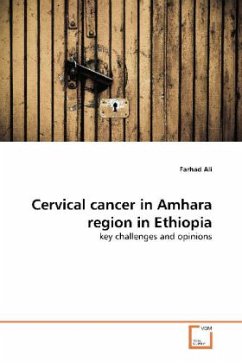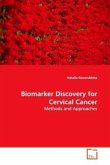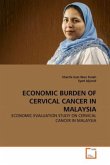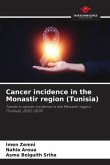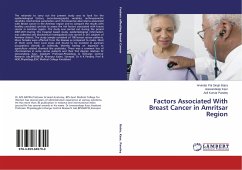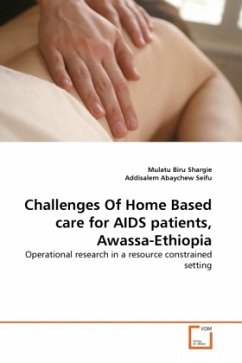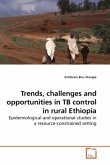Cancer is one of the leading causes of deaths in the world. Among the women, gynecological cancers are more common. Cervical cancer is a main gynecological cancer.The global burden of cervical cancer is disproportionately high among the developing countries where 85 per cent of the estimated 493, 000 new cases and 273, 000 deaths occur every year. The cervical cancer disease burden in African countries and particularly in Ethiopia is very high. Around 23 news cases of cervical cancer come every year per 100 000 women. The developed countries have reduced the cervical cancer related morbidity and mortality in the past few decades. Thanks to the nation wide cytology based screening programmes. But in developing countries scare resources are competing hard with many health priorities. There are simple screening methods available with proven effectiveness. One such method is screening women using VIA i.e. visual inspection of cervix with acetic acid. In Amhara region in Ethiopia evensuch basic health facilities are not available and cervical cancer is silently killing women mostly poor and in the remote areas.
Bitte wählen Sie Ihr Anliegen aus.
Rechnungen
Retourenschein anfordern
Bestellstatus
Storno

